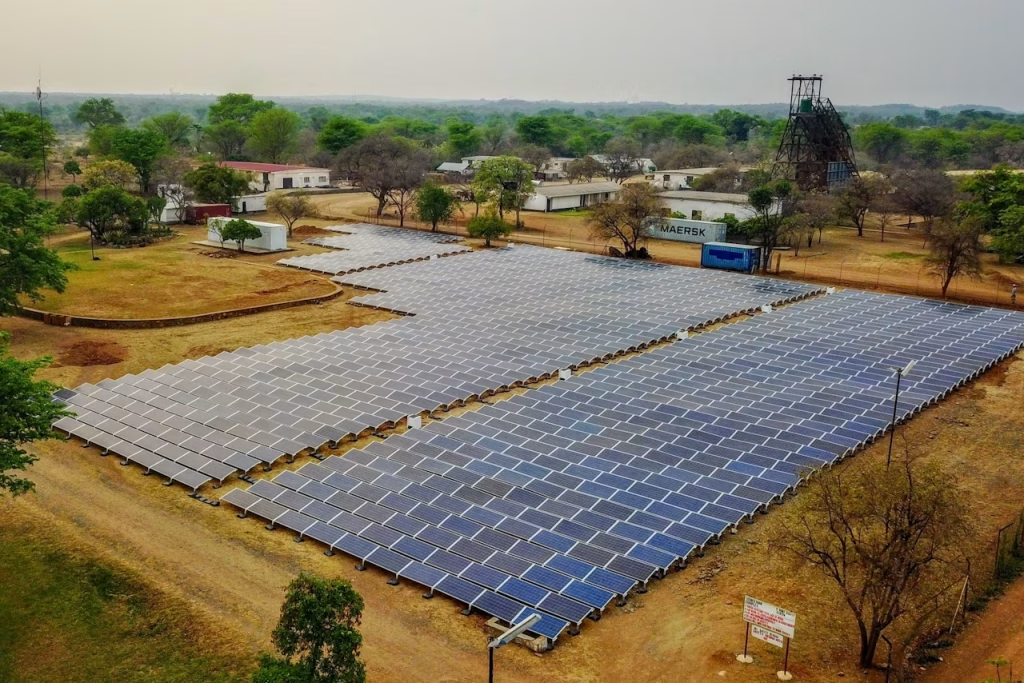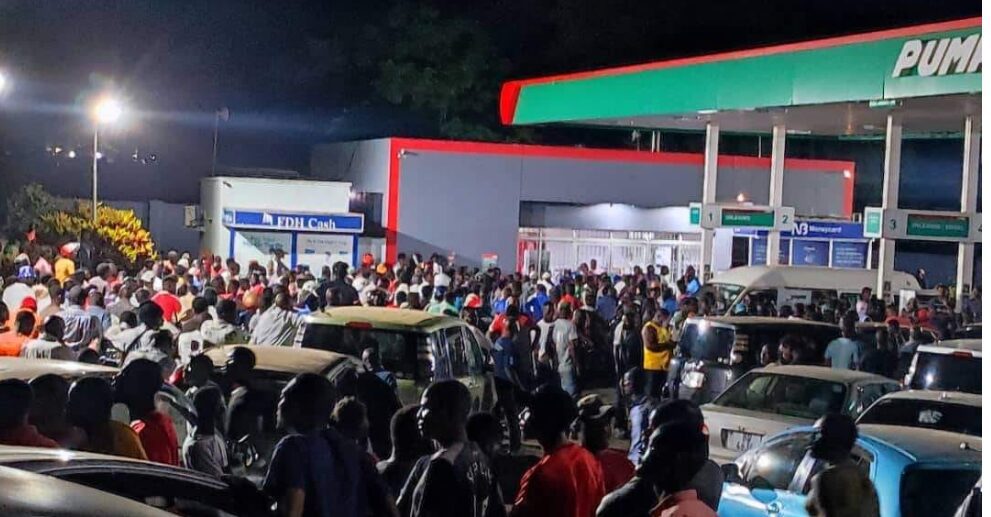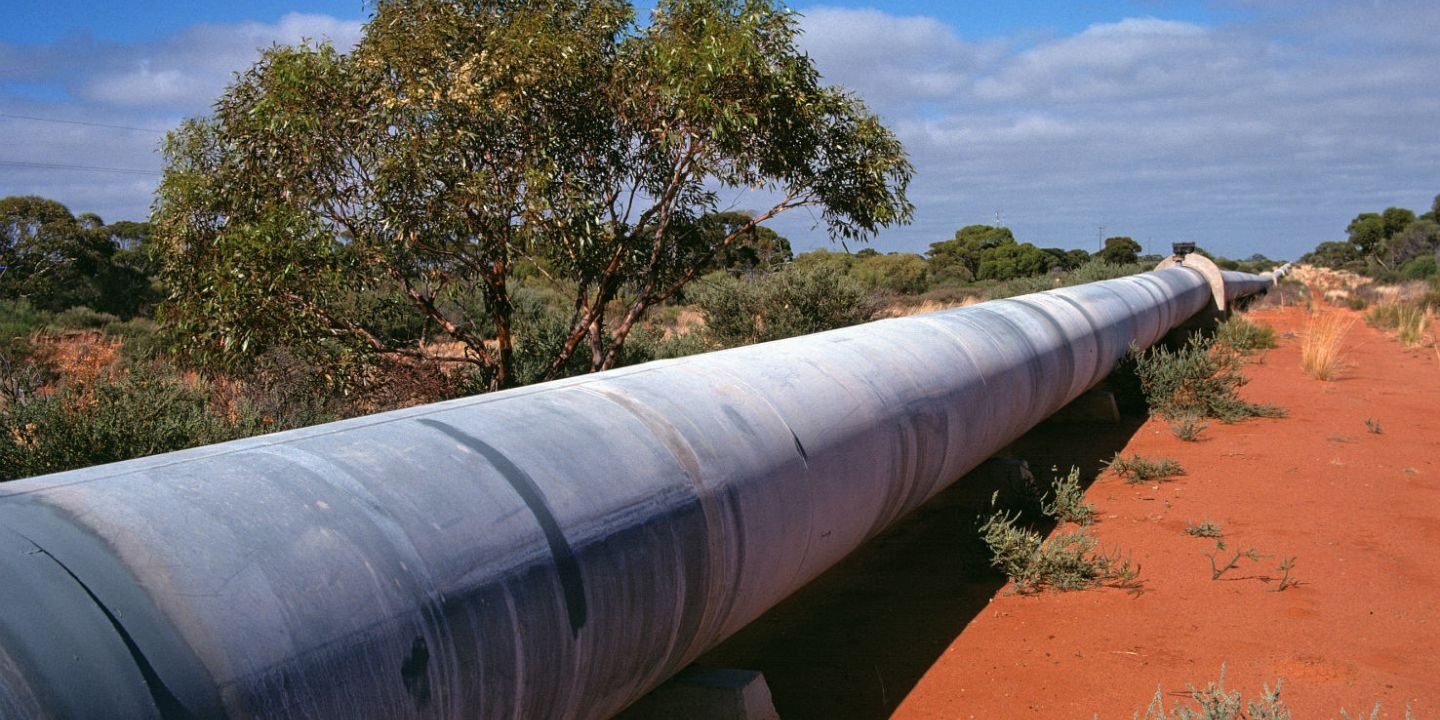
Tuesday 11th November 2025

by inAfrika Newsroom
Clean energy financing moved up Africa’s agenda as non-state actors adopted the Cotonou Declaration at the Climate Chance Africa 2025 summit, organisers said. The text urges public funds to de-risk private capital for renewables and adaptation, with attention to community projects and local jobs.
Delegates argued that concessional finance should act as first-loss guarantees to crowd in commercial lenders. Moreover, they pressed for standardised contracts, regional procurement hubs and credible monitoring of climate results. Consequently, clean energy financing would shift from scattered grants to bankable pipelines that attract pension funds and insurers.
Benin positioned the declaration within a national plan that pairs solar auctions with resilience spending on water and agriculture. Meanwhile, civil-society groups called for gender-responsive design and local-currency solutions that shield projects from FX shocks. Because 600-plus million Africans still lack electricity, speakers said scale and speed now outweigh pilot-project prestige.
For utilities, the roadmap pushes blended finance tied to measurable service outcomes—connections added, hours of supply, and tariff affordability. In addition, municipal programs for street lighting, health clinics and schools could bundle demand to lower costs. If contracts clarify risks and step-in rights, lenders can price deals without adding prohibitive margins.
Developers highlighted soft-cost barriers: slow permits, land disputes and grid interconnection delays. Therefore, the declaration’s call for one-stop shops and transparent queue rules matters as much as funding. Grid operators also face planning challenges as intermittent renewables rise; storage and flexible thermal back-up will smooth peaks until regional power-trade grows.
Clean energy financing depends on credible data. Summit organisers urged shared dashboards for project milestones, emissions avoided and adaptation co-benefits. With that information, treasuries can issue sustainability-linked bonds that reward delivery rather than promises. Furthermore, local banks can on-lend in local currency when risk-sharing facilities sit behind them.
Near-term tests start in 2026: pipeline disclosures, auction calendars and early financial closures. If countries align on templates and procurement rules, transaction times will fall. If not, capital will drift elsewhere. Either way, the Cotonou Declaration has set a marker that advocacy groups and investors can measure.
For citizens, the benefits are concrete—more reliable power, cooler clinics, safer food storage and jobs that stay local. For governments, the lesson is pragmatic—fix rules, publish data and let blended finance work at scale. Clean energy financing will only stick when projects deliver visible services at prices communities can pay.


